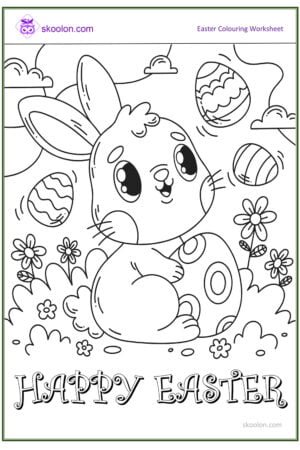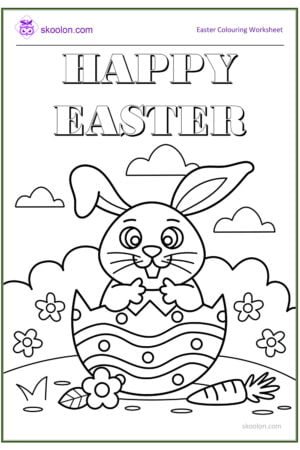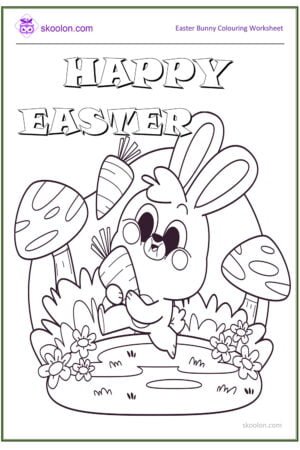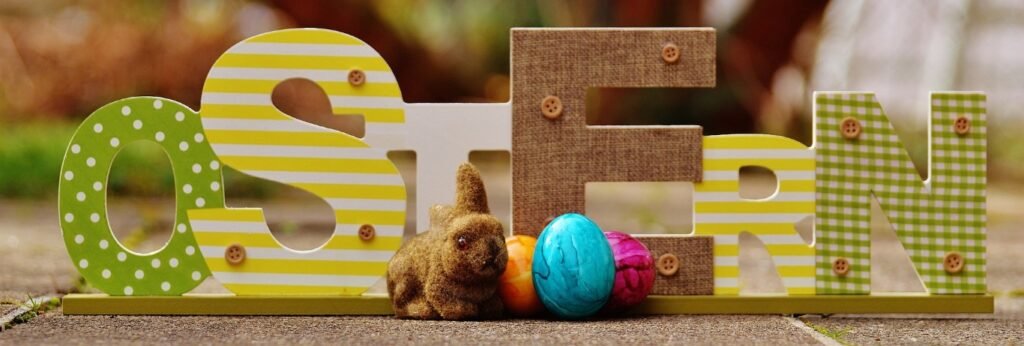
Easter
Why Easter celebrated?
Easter is celebrated as the resurrection of Jesus Christ on the third day after his crucifixion. It is a special day in the Christian calendar worldwide because it marks the resurrection of Jesus Christ from the dead after he was crucified.
Three days after His crucifixion, on the day of His resurrection, Mary Magdalene and Mary, the mother of James and Salome had gone to anoint Jesus’ body. On reaching the tomb, they found out that Jesus’ body was missing from the tomb. Suddenly, angels appeared in front of them and told them that Jesus had risen from the dead. They both were instructed to tell this good news about the resurrection of Jesus Christ to the other disciples and apostles. Soon after this, Christ revealed himself to Mary Magdalene, making her the first person to see the living Christ after His resurrection. Sometime later, Jesus revealed Himself to His apostles and ate with them as well.
Many Christians worldwide celebrate Easter with special church services, music, candlelight, flowers and the ringing of church bells. Easter processions are held in some countries such as the Philippines and Spain. Many Christians view Easter as the greatest feast of the Church year. It is a day of joy and celebration to commemorate that Jesus Christ is risen.
Why Is Easter Called ‘Easter’?
The English word ‘Easter’ is derived from the German word Ostern, meaning of uncertain origin. Easter celebrations are believed to have started in some places before the 2nd century.
Why Easter celebrated on Sunday?
Easter is celebrated on the first Sunday after the first full moon after the vernal equinox of each year. Therefore, Easter can mostly fall on any Sunday between 22 March to 25 April.
The Orthodox Easter celebration usually differs in timing from that observed by Protestants and Roman Catholics. Furthermore, Orthodox tradition forbids Easter to be celebrated before or at the same time as Passover.
Various attempts are said to have been made in the 20th century to arrive at a fixed date for the simultaneous celebration of Easter. Among them it was proposed to celebrate exclusively on the Sunday after the second Saturday in April. There were many supporters of this proposal, but still it could not succeed. In the early 21st century there was renewed interest in a fixed date, resulting in several rounds of discussions with leaders of the various Orthodox, Coptic, Anglican and Roman Catholic churches, but no agreement on a date. Could not happen.
Easter Traditions
In the Christian calendar, Easter follows Lent (a period of 40 days before Easter not counting Sundays), traditionally observed by performing penance and fasting.
Originally, Easter was celebrated between sunset on Saturday and sunrise on Sunday. Later it was observed in Western churches on Saturday evening, then on Saturday afternoon and finally on Sunday morning.
Easter, like Christmas, has accumulated a variety of traditions and customs, some of which have little to do with the Christian celebration of the Resurrection but are certainly inspired by folk customs.
Easter Symbols
Easter Lamb
The practice of the Easter lamb stems from both the epithet used for Jesus in Scripture “Behold the Lamb of God, who takes away the sins of the world,” John 1:29 and the lamb’s role as a sacrificial animal in ancient Israel, Justifies both.
It is also said that in ancient times Christians used to place lamb meat under the altar, bless it and then eat it on Easter. By the 12th century the Lenten fast had died out, the tradition of eating a meal at Easter including eggs, ham, cheese, bread, and sweets, which were regarded as a blessing for the occasion.
Easter Eggs
The use of painted and decorated Easter eggs is believed to have first appeared in the 13th century. The Church prohibited adherents from eating eggs during Holy Week, but chickens continued to lay eggs during that week as part of a natural cycle, and hence the notion of specifically identifying them as “Holy Week” eggs and their importance. Tells about decoration, Now the egg itself has become a symbol of resurrection. Just as Jesus rose from the grave, the egg symbolizes new life coming out of the eggshell. In the Orthodox tradition, eggs are usually dyed red to symbolize the blood shed by Jesus on the cross.
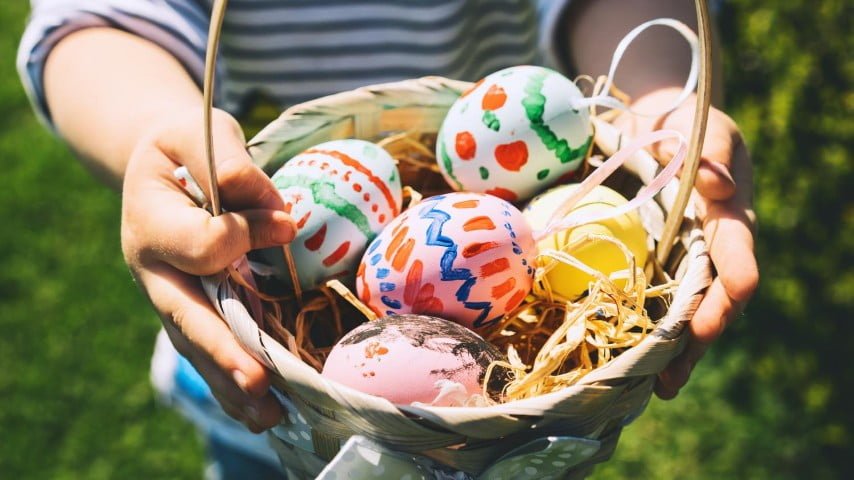
Photo Credit: Pixabay
Easter Bunny

Photo Credit: Pixabay
By the 17th century, the custom of associating the hare or rabbit with Easter had begun in Protestant areas of Europe, but it did not become common until the 19th century. The Easter rabbit is said to lay eggs as well as decorate and hide them. In the United States the Easter Rabbit also leaves baskets of toys and candies to children on Easter morning. In some European countries, other animals such as the cuckoo in Switzerland, the fox in Westphalia bring Easter eggs.
Easter Lilies
After Jesus’ crucifixion, Easter lilies are believed to have been found growing in the Garden of Gethsemane. They symbolize purity, honesty, and chastity.
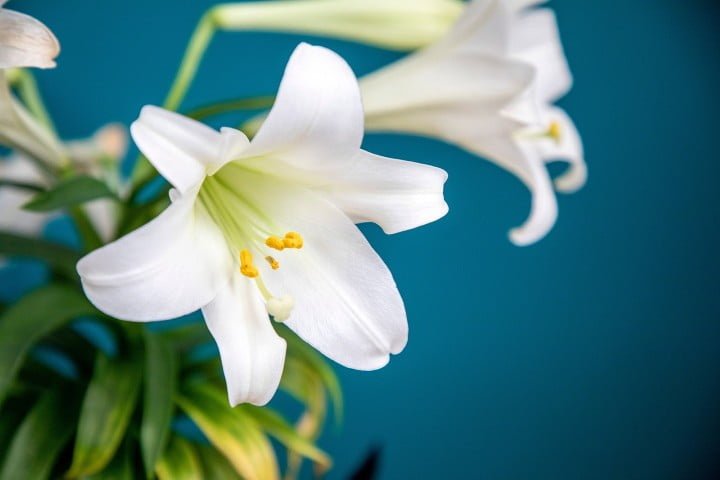
Photo Credit: Pixabay
Easter Candles
Candles are lit during the Easter vigil or mass in churches. Candles at Easter symbolize the life of Jesus, the guiding light to the world. The Easter candles symbolize Jesus taking away the darkness that surrounded the world, and they give hope for a better world as they spread light.
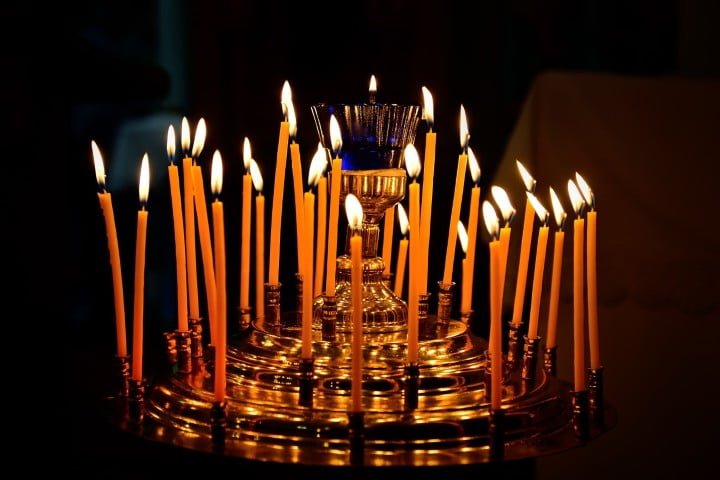
Photo Credit: Pixabay
What is the Easter Egg Hunt tradition after all?
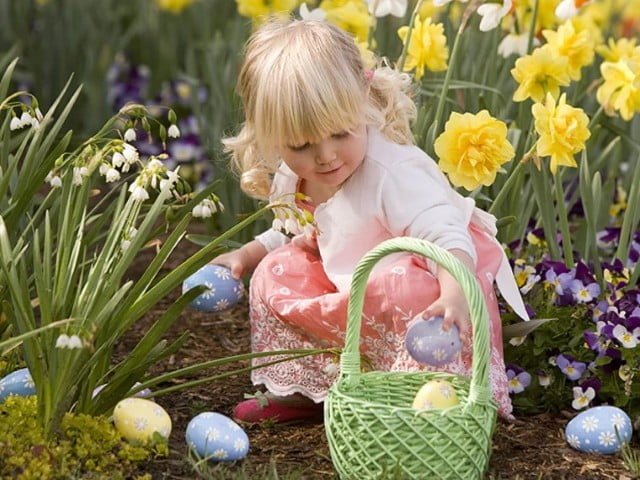
Easter egg hunts are very popular among children in the United States and Western countries. Some say it originated somewhere in the middle of the 16th century, when the Protestant reformer Martin Luther first organized an egg hunt game for his congregation. All the men used to hide the eggs for the women and children of their household to find.
Easter activities for kids
How Can We Stop Talking About Some very famous Easter games for kids, Easter Egg Hunt relay race, Hunt for Lunch, Mystery Numbers Egg Hunt and many more Here !!!
Easter Egg Hunt relay race
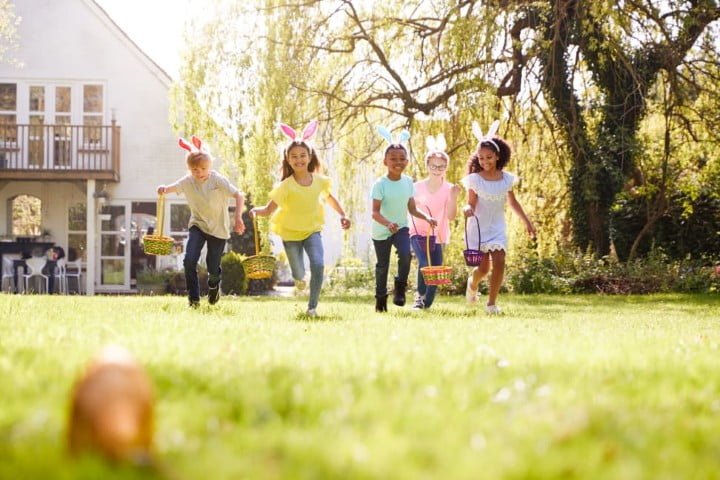
It’s like a traditional relay race, but eggs are involved! People Love it as This Cute Idea Promotes Teamwork !!!
Hunt for Lunch
Turn lunch into an adventure by hiding snacks inside eggs and having kids hunt for them.
Mystery Numbers Egg Hunt
Let’s make the Easter Egg Hunt interesting for teens or adults? Let’s try this game of luck. The meaning of the mysterious numbers written on the eggs will be known only after the completion of the quest. Today, teenagers or adults will go home a little richer, but others will have to pay the price!
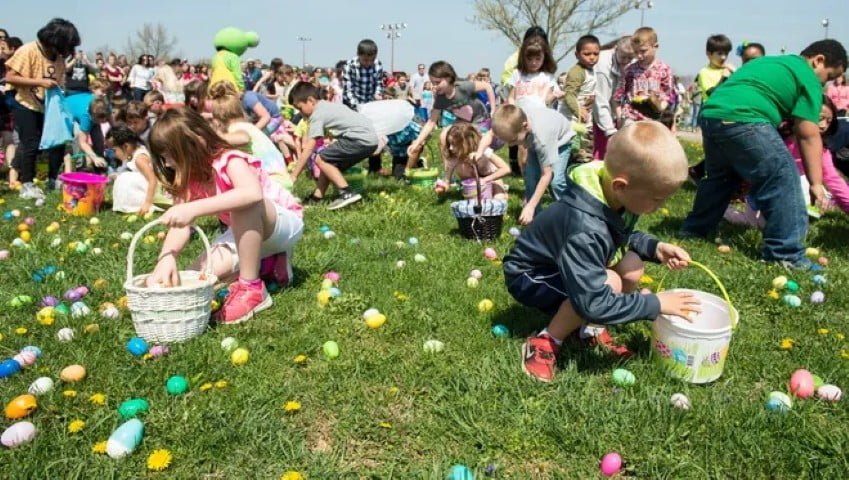
Young Toddlers Egg Counting Game
After the teenagers and the adults, it is now the turn of our little players. For the little ones in the house, this game is a great way to incorporate Easter fun into the festivities while practicing counting down.
Easter Coloring Worksheets
Bunny playing with Easter Egg
Keep children busy with this cute bunny playing with Easter Egg coloring worksheet.
Easter Egg
Keep children busy with this cute bunny with Easter Egg coloring worksheet.
Easter Bunny with carrot
Keep children busy with this cute hopping bunny with carrot coloring worksheet.

